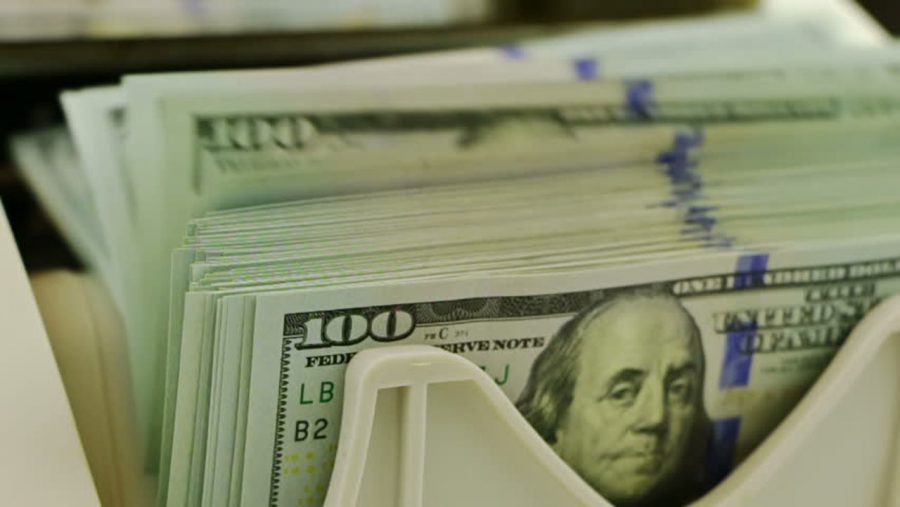As the country’s external reserve faces more pressure due to the continuous slump of crude oil prices globally, the foreign investors have been held down in Nigeria’s debt market.
This is due to the liquidity crisis in the foreign exchange market because the inflow of dollars seems to have dried up.
The reason for this is not far-fetched as the devastating impact of the coronavirus pandemic bites harder on the global economy, including Nigeria, compounded by the crash in crude oil prices, low foreign remittances into the country, and capital flight by foreign investors.
According to Bloomberg, some bondholders who sold local currency securities in March have not been able to repatriate the proceeds weeks after.
(READ MORE: Naira crashes further at the parallel market due to dollar scarcity, lowest since 2017)
An equity analyst, Akinbamidele Akintola, said that the liquidity in the investors and exporters market has taken a big hit as foreigners who get their dollar supply from there were only able to trade $20 million averagely in a day compared with the $300 million to $400 million per day that it was trading in February.
He said, “Everyone is a buyer of dollars but there is hardly any seller” after the central bank stopped dollar supply since March 20, Akintola said in a separate note earlier this month.”
READ ALSO: NIGERIA OIL: Darker days ahead as Brent falls below production cost
The liquidity crisis is further compounded by the suspension of sales of foreign exchange to Bureau De Change operators by the Central Bank of Nigeria. The naira has depreciated by almost 12% in the parallel market, selling for N430 per dollar on Wednesday, since the CBN stopped foreign exchange intervention



















